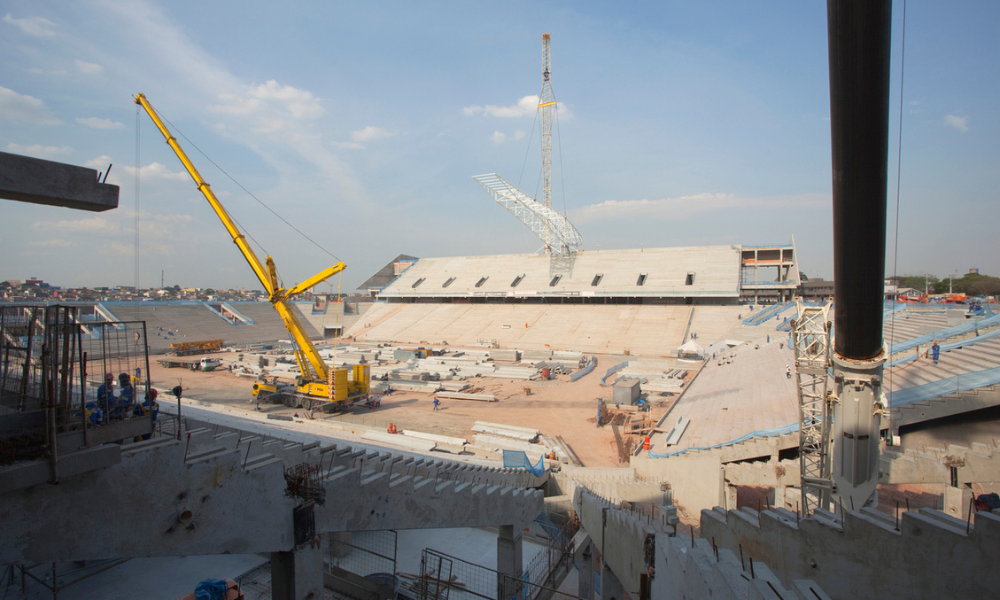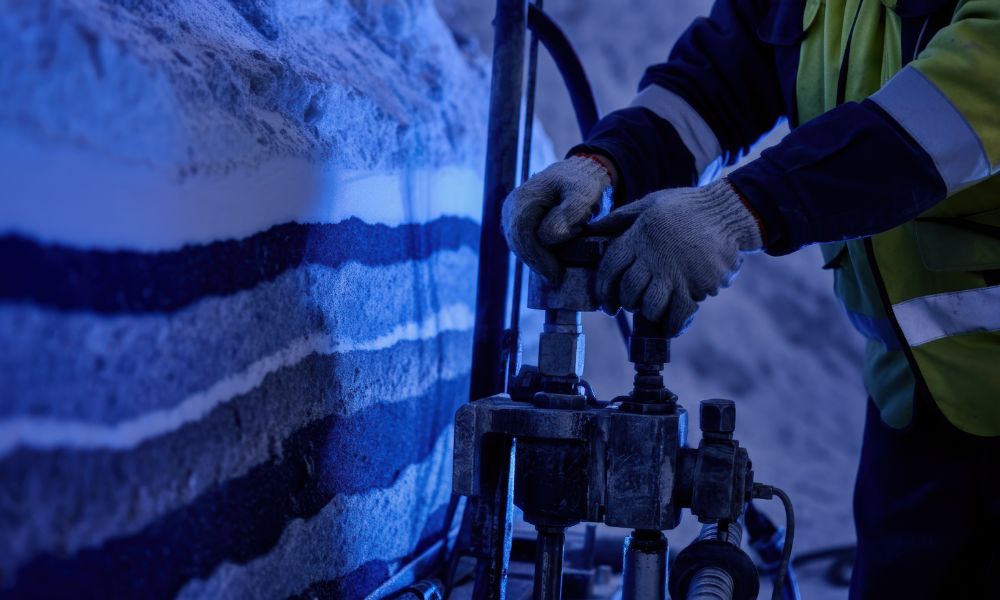'One death is too many. It's as simple as that'

One top Qatari official’s estimate of the number of deaths among migrant workers involved in preparation for the 2022 FIFA World Cup in the country is at least 10 times higher than the initially released government data.
Overall, there have been between 400 and 500 deaths in the country among workers involved in readying for the sporting spectacle, said Hassan al-Thawadi, the secretary-general of Qatar’s Supreme Committee for Delivery and Legacy, who was involved in the country’s World Cup organization.
That number includes those working in the construction of hotels and bridges, among other works related to hosting the event, the Qatari official told British journalist Piers Morgan in an interview.
In a 2020 report, the Qatari government said its accident records showed that between 2014 and 2020, there were 37 deaths among labourers at World Cup stadium construction sites. Only three of these deaths were "work-related".
Al-Thawadi, however, explained that there have been “three work-related deaths and 37 nonwork-related deaths” that are “specific to World Cup stadiums”.
The between 400 and 500 number, however, is still far below the number indicated in a report from The Guardian. In February 2021, the publication reported that more than 6,500 migrant workers from India, Pakistan, Nepal, Bangladesh and Sri Lanka died in Qatar since it won the rights to host the World Cup, citing government sources.
“One death is too many. It’s as simple as that,” said al-Thawadi.
Improvement
The official also noted that there have been leaps and bounds in improvements in the country’s safety standards.
“Every year, the health and safety standards on the sites are improving… most definitely to the extent that you’ve got trade unions, representatives of the German trade unions, representative of the Swiss trade unions have commended the work that’s been done on the World Cup sites, and improvements,” he said. “Overall, the need for labour reforms themselves dictates that, yes, improvements have to happen.”
But these improvements are not just because of the World Cup, he said.
“And just so we’re clear, this was something that was recognized before we bid. The improvements that happened [aren’t] because of the World Cup. These are improvements that we knew we had to do because of our own values. Improvements that have to happen,” he told Morgan.
“The World Cup served as a vehicle, as a catalyst…”
Recently, Amnesty International called out Canada Soccer over its silence on the issue of compensation for workers at the 2022 FIFA World Cup in Qatar.
In September, several corporate sponsors of the football event called on FIFA and the Qatari government to compensate workers who have suffered during tournament preparations.





